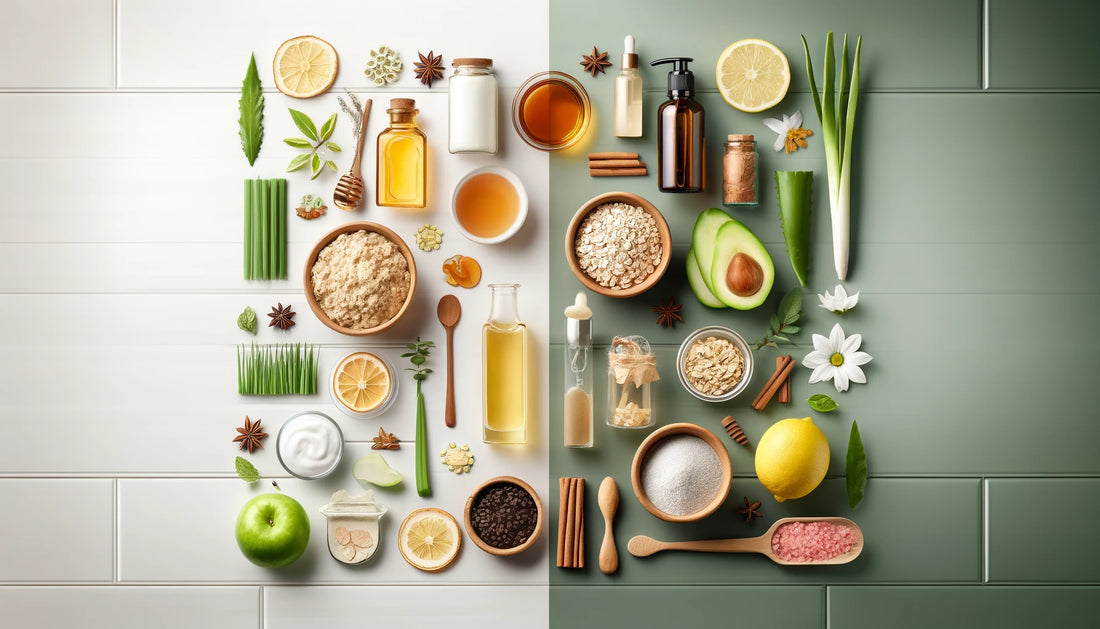DIY skincare has gained popularity as more people seek natural, cost-effective solutions for maintaining glowing, youthful-looking skin. From kitchen ingredients to simple homemade concoctions, creating your own skincare remedies seems enticing, but there are potential risks and rewards. Here’s the truth about DIY skincare, highlighting what works and what to avoid.
What Works: Ingredients That Are Gentle and Effective
-
Honey: This natural humectant is loaded with antioxidants, perfect for soothing and hydrating your skin. It works well in masks and cleansers, offering gentle antibacterial properties.
-
Oatmeal: Ground oats gently exfoliate and calm inflamed or sensitive skin. Try it as a scrub or a mask for a smooth, even texture.
-
Aloe Vera: Packed with vitamins, minerals, and amino acids, aloe vera gel provides anti-inflammatory benefits that can soothe sunburns and irritated skin.
-
Coconut Oil: Known for its moisturizing properties, coconut oil serves as a makeup remover and hydrator for dry skin. Use it sparingly to avoid clogging pores.
-
Green Tea: Rich in antioxidants, green tea helps reduce inflammation and can calm acne-prone skin when applied topically or used as a facial mist.
What to Avoid: Potential Irritants and Misguided Ingredients
-
Lemon Juice: Although it's tempting due to its vitamin C content, lemon juice is highly acidic and can cause irritation, especially when exposed to sunlight, leading to burns or hyperpigmentation.
-
Baking Soda: This popular kitchen staple is often touted as an exfoliant, but its high alkalinity disrupts the skin’s natural pH, causing dryness and irritation.
-
Cinnamon: Known for its antibacterial qualities, cinnamon can lead to redness, irritation, and even burns when used undiluted on the skin.
-
Essential Oils: While some essential oils like tea tree or lavender are beneficial, they must be used with care. Pure essential oils can be irritating if applied directly and should be diluted with a carrier oil.
-
Toothpaste: Using toothpaste as a spot treatment for acne may seem effective initially due to its drying properties, but it can cause chemical burns, worsening the problem.
Safe DIY Tips:
-
Patch Test: Always patch-test new ingredients on a small area before applying them to your face.
-
Use Gentle Ingredients: Stick to ingredients known for their soothing and hydrating properties.
-
Moderation: Even beneficial ingredients can become harmful in excess.
DIY skincare can be a fun and natural approach, but it’s crucial to understand what works for your unique skin type and what could potentially cause harm. Opt for gentle, time-tested ingredients like honey and oatmeal, and avoid harsh, irritating substances like lemon juice or baking soda. For optimal results, consider consulting a dermatologist and using scientifically proven products alongside your DIY regimen. Your skin deserves the best care possible!

